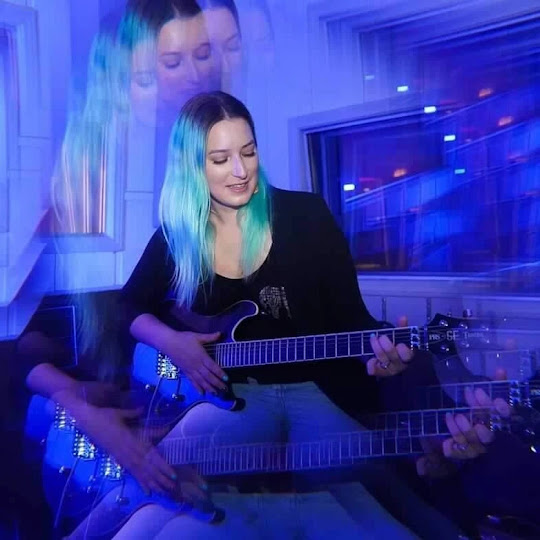We recently connected with Cato Zane and have shared our conversation below.
Cato , thanks for taking the time to share your stories with us today Have you been able to earn a full-time living from your creative work? If so, can you walk us through your journey and how you made it happen? Was it like that from day one? If not, what were some of the major steps and milestones and do you think you could have sped up the process somehow knowing what you know now?
I’m currently earning a living from my creative work (running a small recording studio here in San Diego), but it definitely wasn’t like this from day one. Like many people in creative fields, I started out juggling multiple side gigs to make ends meet. After graduating undergrad I managed the school recording studio, took assistant gigs in studio, did freelance audio editing and mixing, worked in the musical theater work (eventually working on traveling Broadway shows). I thought of my many gigs as a hand of cards. As time progressed, I would occasionally add a card to my hand, or remove one. It was a slow build, and there wasn’t one big break, just a lot of small wins that added up over time.
So, I think the journey was definitely nonlinear. At first, I focused on building skills and taking on any project I could – things like podcasts, student films, singer-songwriter demos – often for very little money. But every project taught me something, and gradually I got better, faster, and more confident. I also found myself enjoying the gigs I was getting more and more.
Over time, I tried to cater my hand of “gig cards” towards more and more studio work and music production, with some teaching on the side. The real shift happened when I started defining a niche: working with indie pop and rock artists, especially women and queer folks, who wanted an emotionally attuned, technically solid partner in the studio. Once I leaned into that identity, it became easier to attract the kind of clients I loved working with. I also built a home studio because that’s what I saw many of my mentors in commercial studios doing over time, and I saw the value there. That lowered my overhead and let me say yes to more flexible projects.
Growing a presence online helped too. Starting a YouTube channel, sharing behind-the-scenes looks at sessions, and being transparent about my process not only built trust with potential clients but also helped me find a broader community. Plus, it helped show my enthusiasm for the work! I kind of view that as a business card of sorts.
Could I have sped it up? Maybe? If I’d had more clarity earlier about who I wanted to work with and had put more energy into marketing, then I think I could have. But honestly, I think the slower path gave me a deeper understanding of what I wanted out of this work and how to run a business that fits my values. It allowed for more reflection as I charted my path.
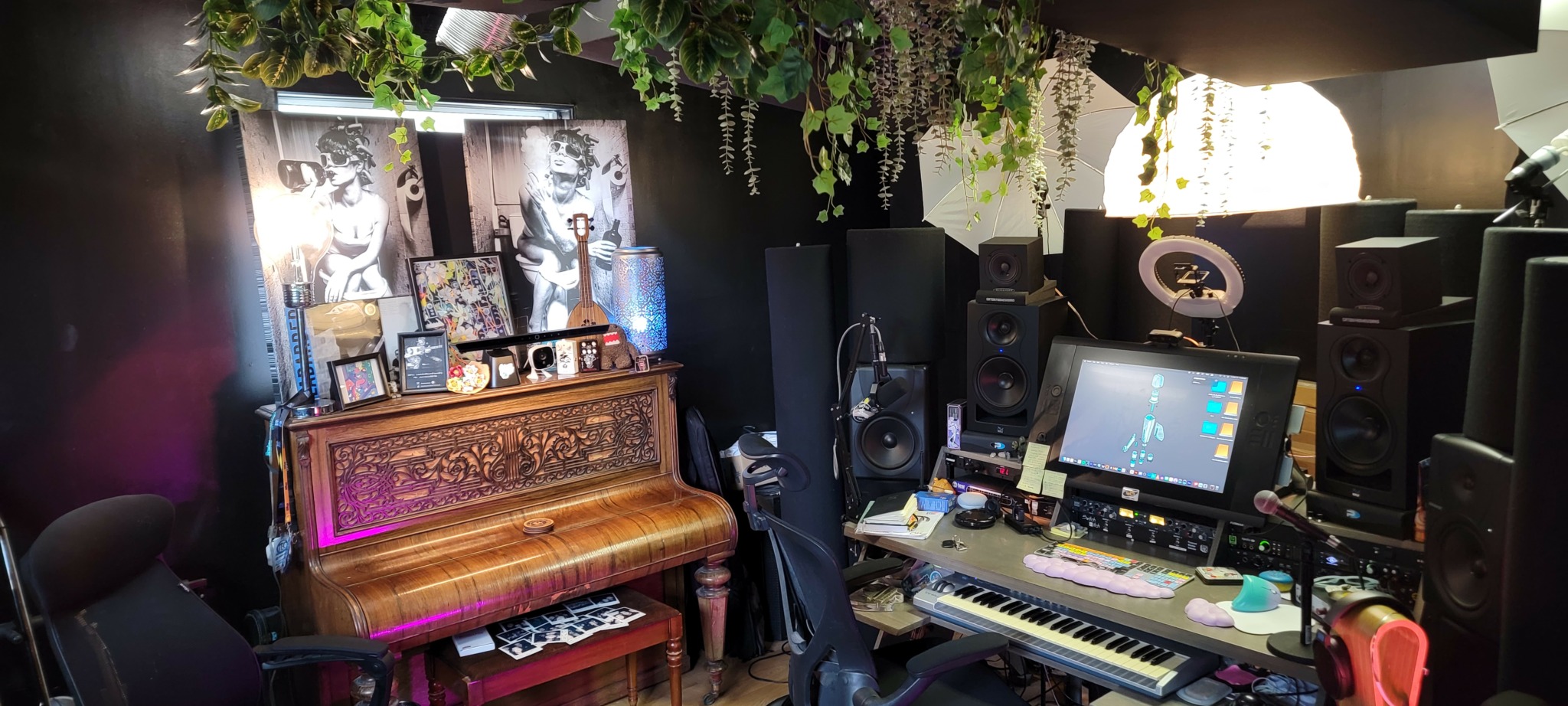
Cato , love having you share your insights with us. Before we ask you more questions, maybe you can take a moment to introduce yourself to our readers who might have missed our earlier conversations?
Well, I’m Cato Zane (she/her). I’m an audio engineer and music producer based in San Diego. I run a small studio in town, and work mostly with indie pop and alt rock artists, especially women and queer musicians, helping them produce and record songs that feel honest, emotional, and uniquely them – I love leveraging my top notch training to add a professional polish while retaining the indie pop vibes.
These days, I produce, mix, and sometimes master tracks. Usually, we start from a rough demo (sometimes just a phone recording!) and then I work closely with the artist to bring it to life. I’m often making beats for clients, or adding cinematic soundscape elements to their music. It’s technical, but also creative, and I love that!
I think what makes me stand out is that I care a lot about how music feels, not just how it sounds. I’m all about creating a low-pressure, collaborative space where artists feel safe to take creative risks. My studio isn’t clinical: it’s small and cozy, it has snacks and plants, and a hammock and firepit out back. I understand and have excelled at the technical aspects of this work, but I know that’s not the only important thing when creating art. I also share music production knowledge on YouTube and love nerding out with the music production community!
What I’m most proud of is building a creative career that feels aligned with who I am – and helping other artists do the same. It’s a tough industry, so I think that’s no small feat.
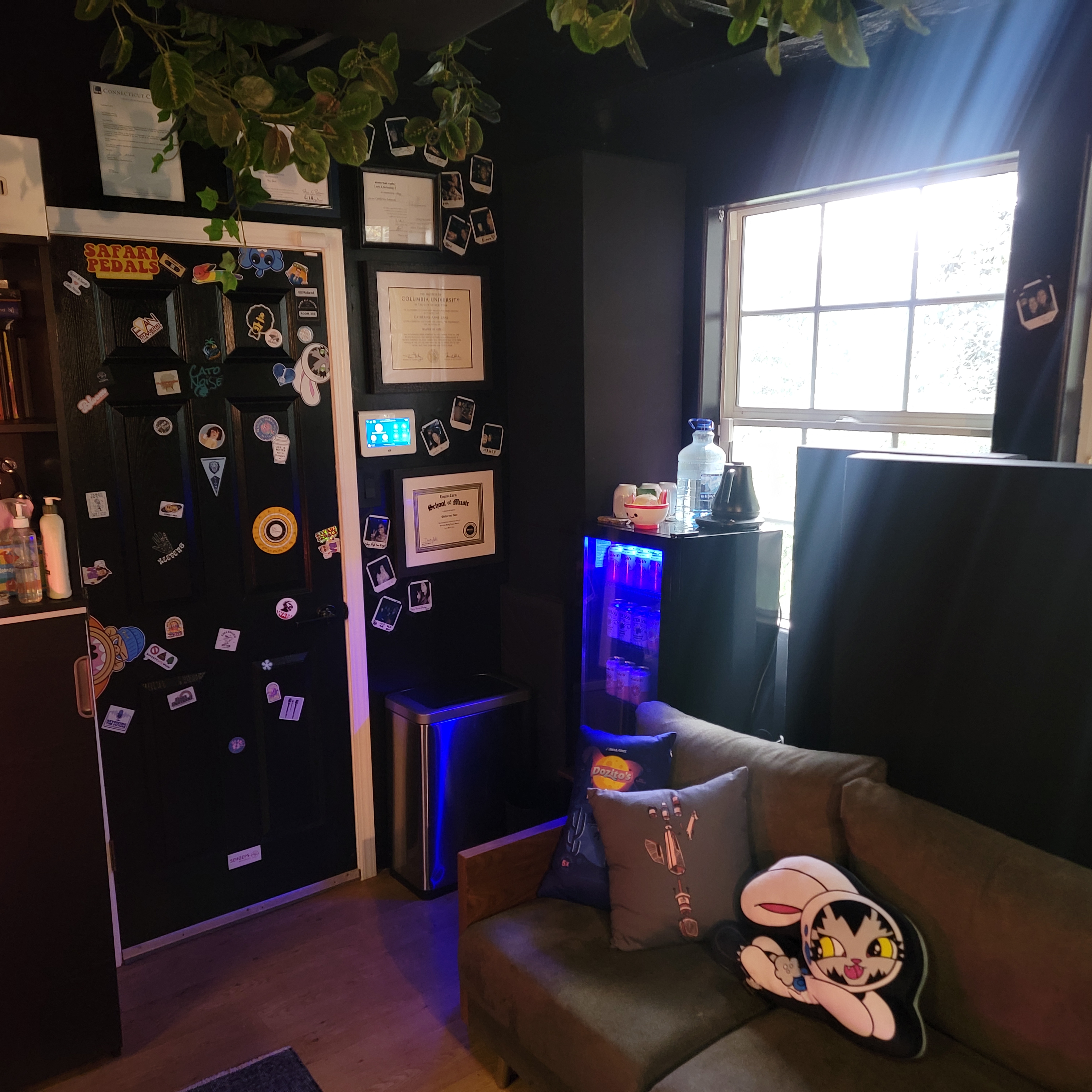
Any resources you can share with us that might be helpful to other creatives?
Yeah, definitely! There are so many incredible resources I wish I’d known about earlier, especially as a woman trying to find their way in an extremely male-dominated part of the music industry. Organizations like SoundGirls and Women’s Audio Mission made a huge difference for me, once I found them. They offer mentorship, workshops, and a strong sense of community. I love attending their events, because just knowing there are others like me out there makes a huge difference. I love nerding out with a group of women that are also in audio – the mutual respect and enthusiasm is an amazing feeling!
I also wish I’d known earlier about the fully funded training programs that are out there if you know where to look. One that stands out is the MixHer Dolby Atmos program—a collaboration between EngineEars, Dolby, and Universal Music Group. It’s designed to give women and nonbinary engineers hands-on experience and top notch training with immersive audio, and it’s completely free if you’re accepted. I was so lucky to win a spot in that program last year, and it was such an amazing experience! Programs like that not only open doors to high-level technical skills, and are great for building out your CV, but they also help build networks in spaces that have historically been pretty exclusive.
If I’d tapped into those kinds of resources earlier, I think I would’ve found my footing faster and felt more confident exploring the edges of my creativity. For anyone starting out: there are supportive, inclusive spaces in this industry—you just have to know where to look.
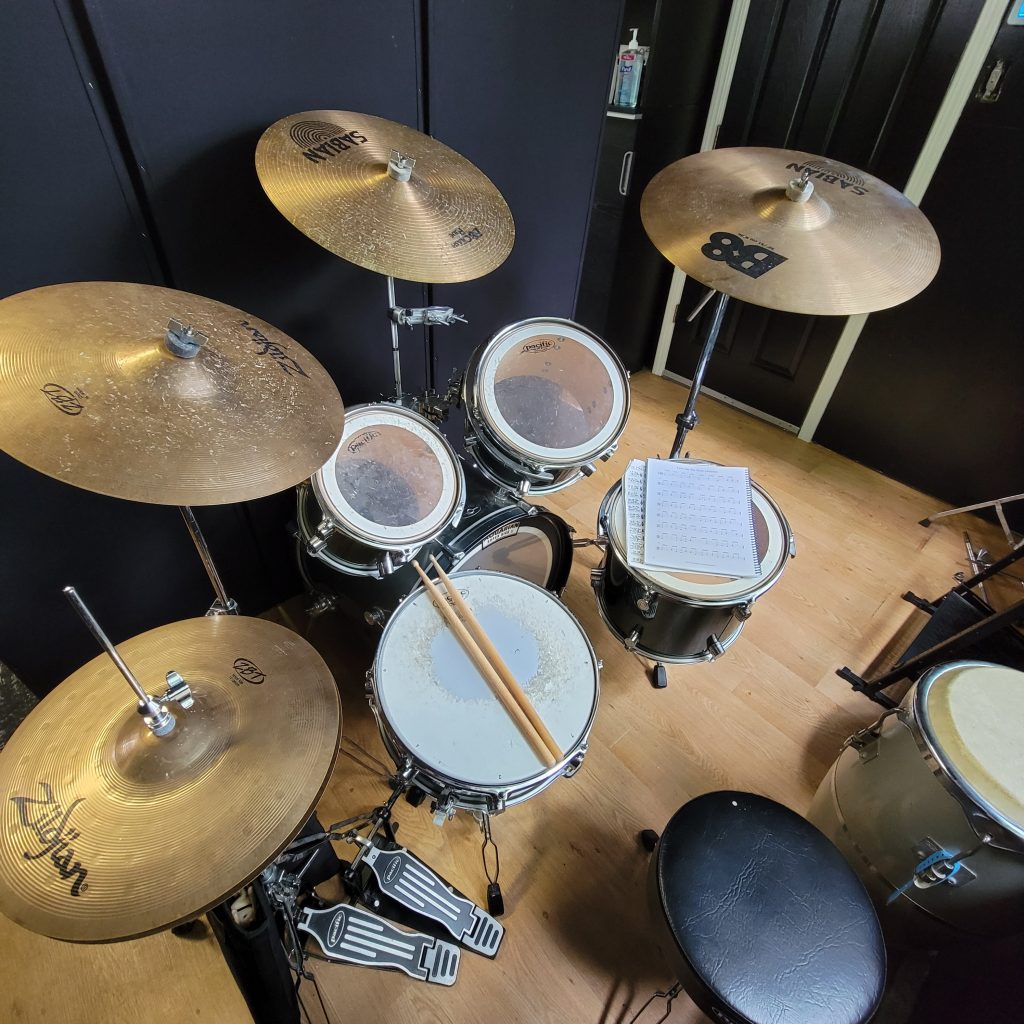
Is there something you think non-creatives will struggle to understand about your journey as a creative? Maybe you can provide some insight – you never know who might benefit from the enlightenment.
One of the hardest things for non-creatives to understand is just how long it can take to fully own your worth in this kind of work. Creative industries don’t have neat ladders or titles that automatically tell you, “You’ve made it,” and there’s often no clear cut “right” or “wrong” way to do something. So even after decades of experience, it’s easy to question yourself, especially when the work is so personal.
I’ve been working in audio for over 20 years, and I’ve been insanely lucky to learn directly from some of the best engineers in the industry while on the job – people with multiple Grammys, people who’ve shaped iconic records. I’ve been in the room with top-tier artists, absorbed countless lessons from behind the glass, and built real skills over time. Looking back, I wasn’t lacking in knowledge or experience. But, I was lacking in confidence.
Getting into grad school at Columbia University gave me a huge boost—more than I expected. It didn’t make me a better producer overnight, but it gave me a new lens on my work, and helped combat that imposter syndrome a bit. I should have already been able to do that though. I already had the receipts. But I think creatives – especially anyone outside the traditional mold – often need that external validation before they feel “allowed” to charge what they’re worth or even speak about their expertise.
I have a duo project with an insanely talented musician named Evan Diamond, and her and I decided to name the project Clance + Imes – named after the women that coined the term “imposter syndrome”- so it’s been pretty central to my personal reflections over the years.
If there’s any insight I’d pass along, it’s this: Don’t wait for someone else to tell you you’re legit. If you’ve been putting in the time, doing the work, growing your skills—that’s real. That counts. You don’t need a degree or a trophy to be valuable. You just need to recognize what you bring to the table and stop apologizing for it. And I think that applies to creatives and non-creatives alike.
Contact Info:
- Website: http://catonoise.com/
- Instagram: https://www.instagram.com/catonoise/
- Facebook: https://www.facebook.com/catonoise
- Linkedin: https://www.linkedin.com/in/catonoise/
- Youtube: https://www.youtube.com/@catonoise
- Soundcloud: https://soundcloud.com/catonoise
- Other: https://www.catonoise.com/work-experience/
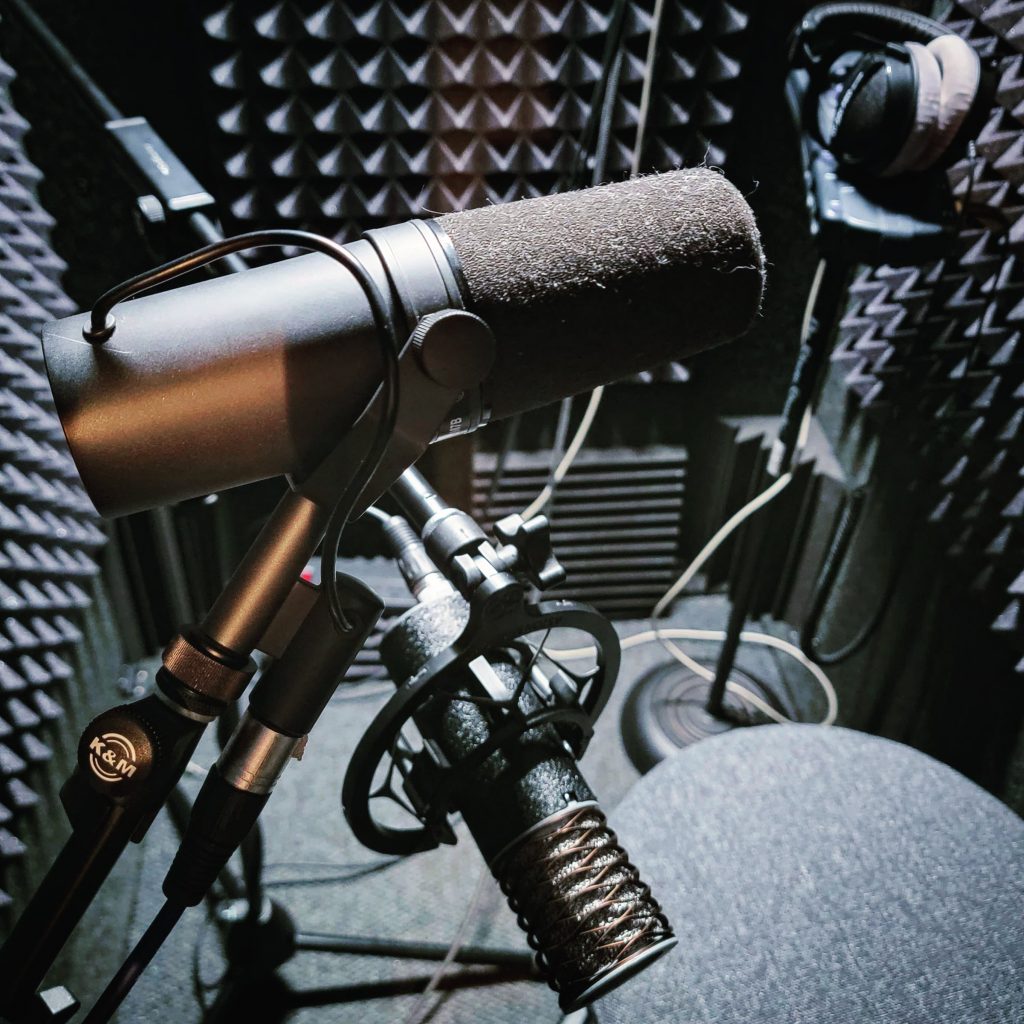
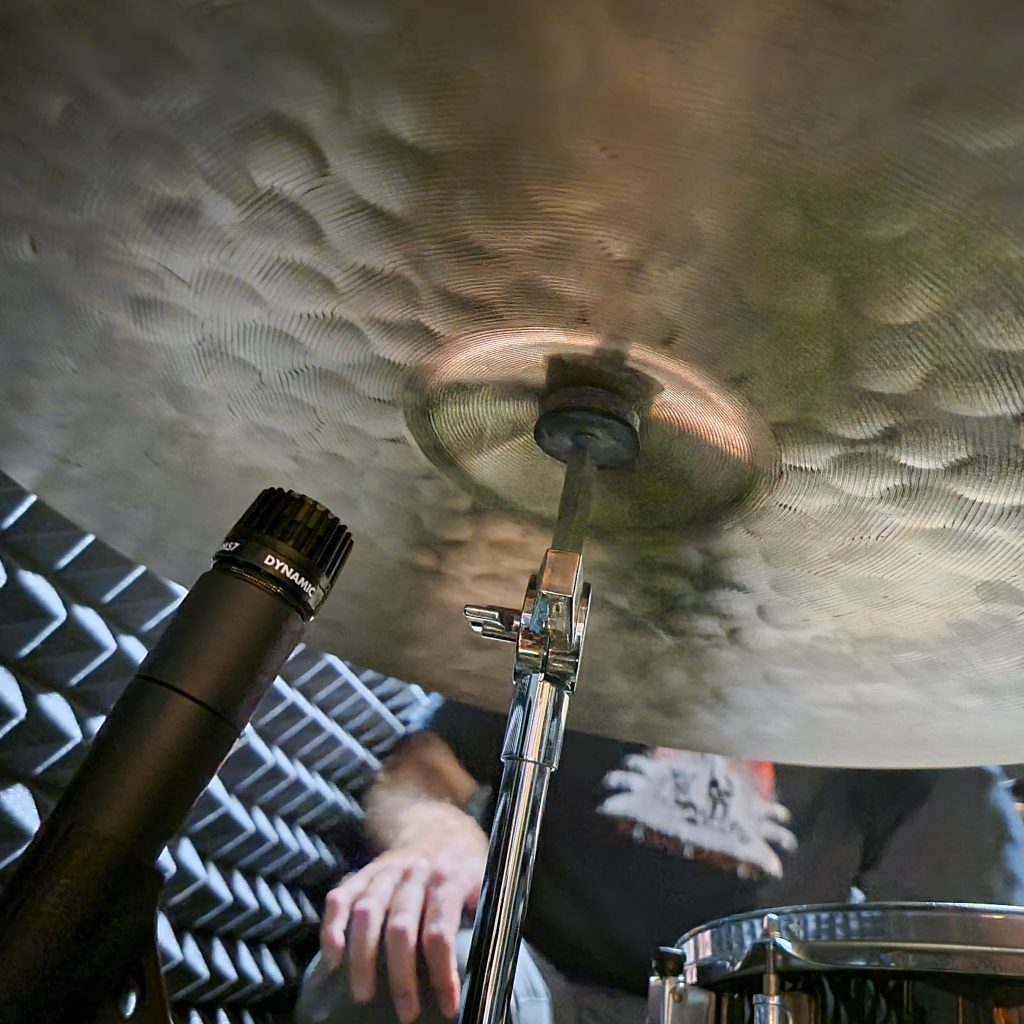
Image Credits
Mindy DuPonte (profile photo)
Cato Zane (all other photos)


